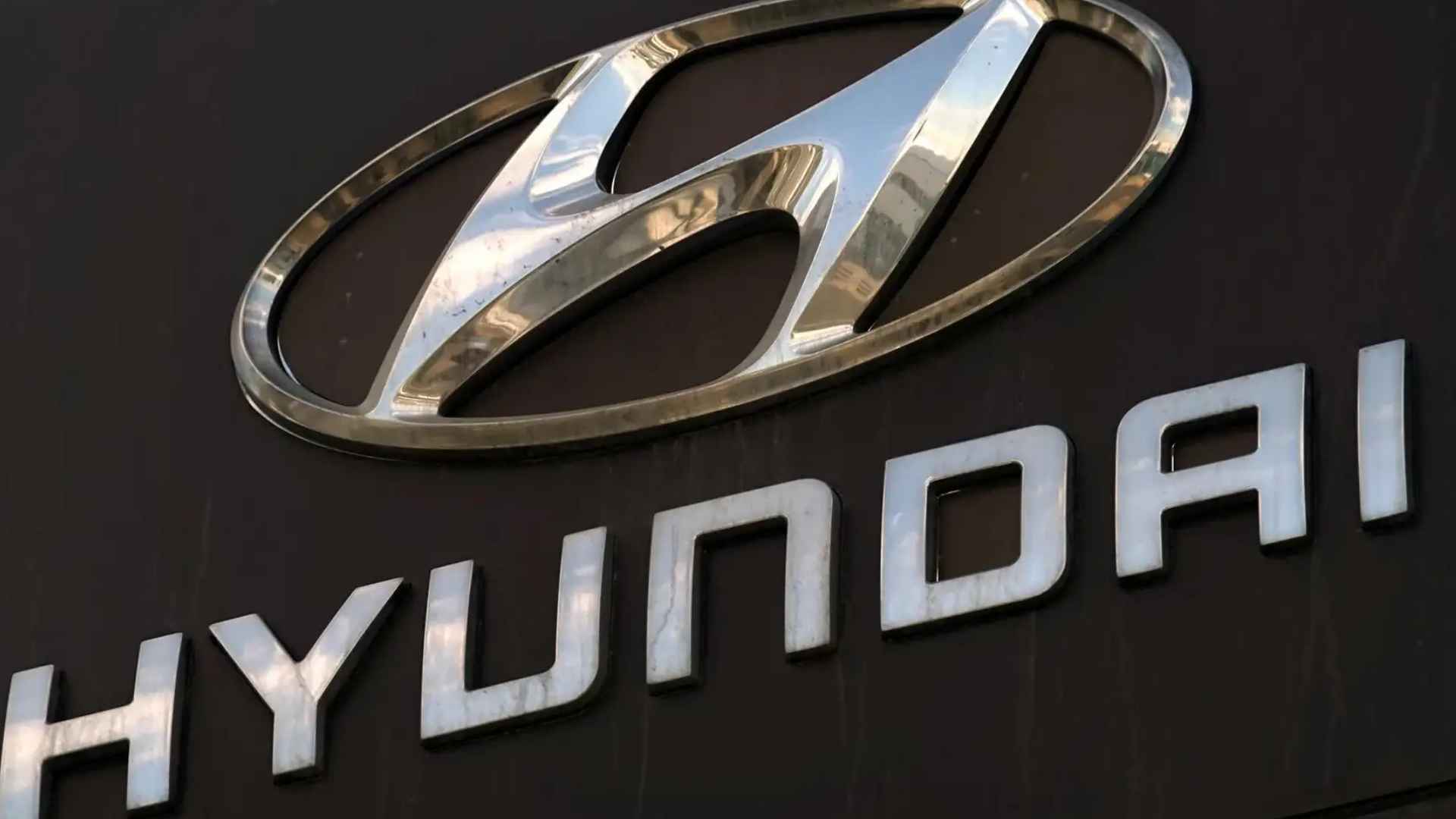After identifying a potential issue with certain electric oil pumps, Hyundai has launched a new recall in coordination with the National Highway Traffic Safety Administration (NHTSA). This recall impacts a number of recent Hyundai models, raising safety concerns for everyday drivers across the country.
Vehicle recalls are not unusual, as manufacturers and the NHTSA work together to ensure roads remain safe for all. The problem typically surfaces when complaints indicate a common fault, prompting an investigation and, if needed, a recall.
In Hyundai’s latest case, the worry stems from the faulty hermetic seals on the controller housing of the electric oil pump, which could let in moisture and possibly lead to an electrical short or fire risk. Although no accidents have been reported, owners should remain vigilant until any necessary repairs are completed.
Essential details about the 2025 Palisade issues and upcoming 2026 Palisade launch
At the center of attention are approximately 620 of Hyundai’s 2025 Palisade models produced between February 2 and 24, 2025. The electric oil pumps were supplied by MNEX in South Korea, and Hyundai has advised owners not to park close to other vehicles or structures until repairs are made. If your vehicle is one of those affected, you can expect a notification by early July.
Meanwhile, Hyundai is also showcasing the new 2026 Palisade. This updated version is 2.5 inches longer, features an extended wheelbase of 2.7 inches, and offers off-road capabilities for the first time. The vehicle boasts a rear electronic limited-slip differential, 8.4 inches of ground clearance, and 287 horsepower under the hood. It is quite a leap in design, though the recall’s timing may overshadow some of the positive buzz.
Key steps Hyundai owners need to follow for inspections and repairs right now
Who should be taking immediate action? Anyone with a 2025 Palisade manufactured in the time frame mentioned. Hyundai covers all repair costs, so drivers won’t pay out of pocket. Here is a short checklist to guide you:
- Check your vehicle’s production date and model details
- Park your car away from buildings and other vehicles
- Wait for Hyundai’s official recall notice by mail or email
- Schedule an appointment with your local dealer for a free inspection
Remember that for winter driving, a recent report suggests the Hyundai Elantra is not the best option in harsh conditions. Regardless of your model, having adequate auto insurance and paying attention to recalls can offer peace of mind during challenging weather.
Hyundai, despite this recall, remains a strong player in the automobile market. The company reached over 836,000 unit sales in 2024, marking a 4% increase from the prior year. For further details on this recall, look for reference number 25V-291 at the NHTSA.

